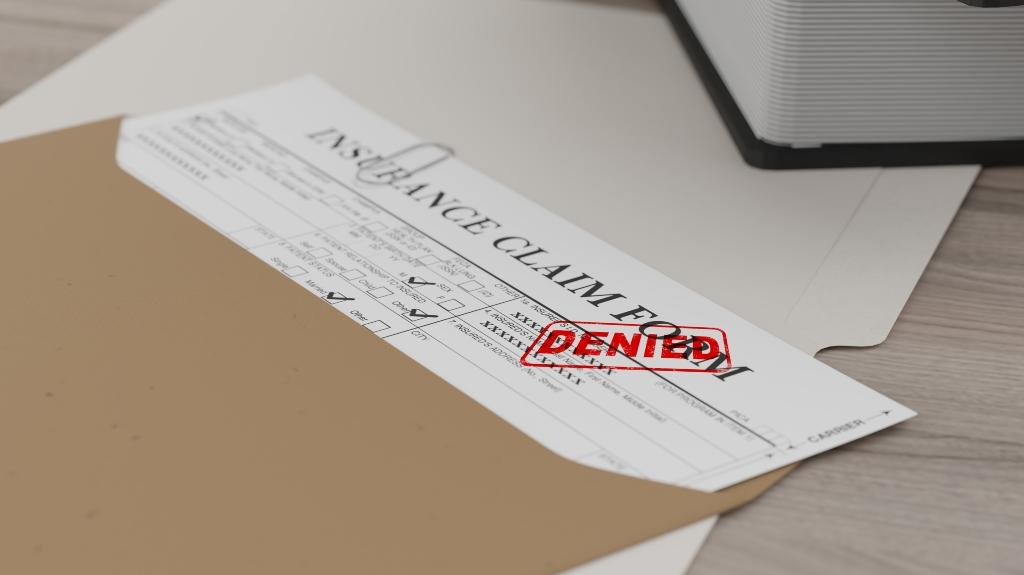- Free Consultation: (816) 810-3207 Tap Here To Call Us
On What Grounds Can a Life Insurance Claim Be Denied?

Life insurance provides a financial safety net for beneficiaries when the policyholder passes away. However, it is important to understand that life insurance claims can sometimes be denied. Knowing the common grounds for denial can help you ensure that your policy remains in good standing and that your beneficiaries will receive the benefits they are entitled to.
At the Saxton Law Firm, our Missouri life insurance denial attorneys are ready to stand with you. Many insurers improperly deny claims, whether due to some confusion or intentionally to avoid paying what they owe.
Common Reasons a Life Insurance Company May Deny Your Claim
There are many common grounds insurance companies use to deny your life insurance claim. Some may be valid but fixable. Others may simply be an attempt to deny your claim to save the insurance company money.
1. Material Misrepresentation
One of the most common reasons for a life insurance claim denial is material misrepresentation. This occurs when the policyholder provides false or misleading information on the application. Insurance companies rely on the accuracy of the information provided to assess risk and determine premiums. Common misrepresentations include:
- Health Conditions: Failing to disclose pre-existing medical conditions or significant health issues.
- Lifestyle Habits: Not revealing habits such as smoking, alcohol use, or risky activities like skydiving.
- Occupation: Misrepresenting the nature of one’s job, especially if it involves hazardous activities.
If the insurer discovers any discrepancies during the contestability period (typically the first two years of the policy), the claim may be denied.
2. Policy Lapses
A life insurance policy must be in force at the time of the policyholder’s death for the claim to be valid. If the policyholder fails to pay premiums on time, the policy can lapse, meaning it is no longer active.
Insurance companies usually provide a grace period for late payments, but if the policy is not reinstated within this period, the coverage terminates.
3. Cause of Death Exclusions
Certain causes of death may be excluded from coverage based on the policy terms. Common exclusions include:
- Suicide: Most policies have a suicide clause, typically within the first two years, which states that if the policyholder dies by suicide, the insurer will not pay the death benefit.
- Illegal Activities: Death resulting from illegal activities or criminal behavior may lead to claim denial.
- High-Risk Activities: Some policies exclude deaths resulting from high-risk activities such as extreme sports unless the policyholder paid an additional premium for coverage.
4. Fraud
Insurance fraud is a serious issue and can result in claim denial. Fraud can take various forms, such as:
- False Claims: Submitting a claim based on false information or staging the policyholder’s death.
- Forgery: Falsifying documents or signatures related to the insurance policy.
Insurers have special investigation units to detect and prevent fraudulent claims, and if fraud is suspected, the claim will be denied and may lead to legal consequences.
5. Failure to Update Beneficiary Information
If the policyholder fails to update beneficiary information, it can lead to complications or denial of the claim. For example, if the named beneficiary predeceased the policyholder and no secondary beneficiary is listed, the insurer may deny the claim or pay it to the policyholder’s estate, which may not align with their intended wishes.
READ MORE: What is the Time Limit to Contest Life Insurance Policies in Missouri?
At Saxton Law Firm, our life insurance know how to help after your claim is denied. We are familiar with their common tactics and how to fight back against them.
Contact Saxton Law Firm for a FREE case review!




